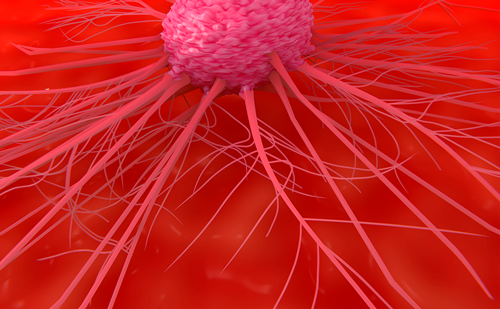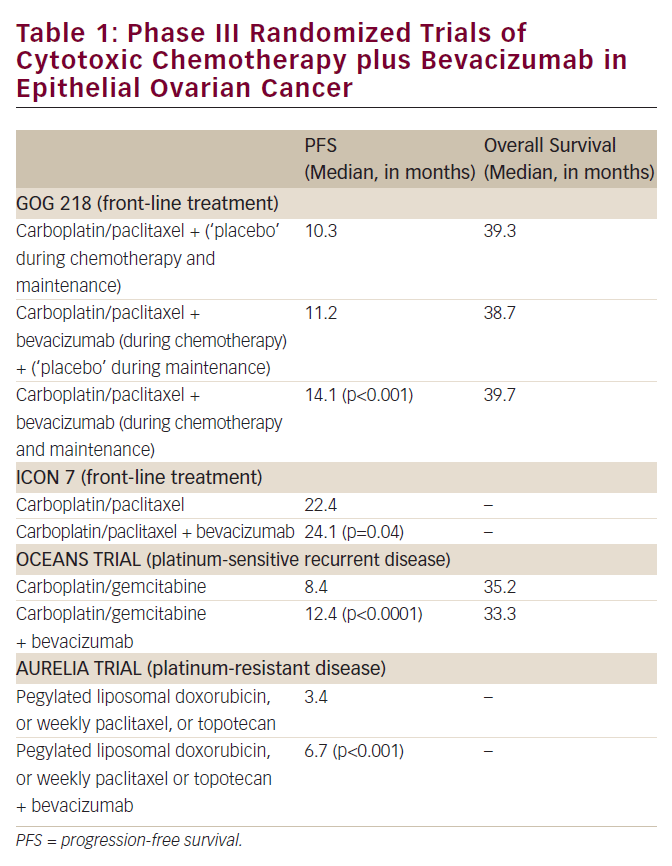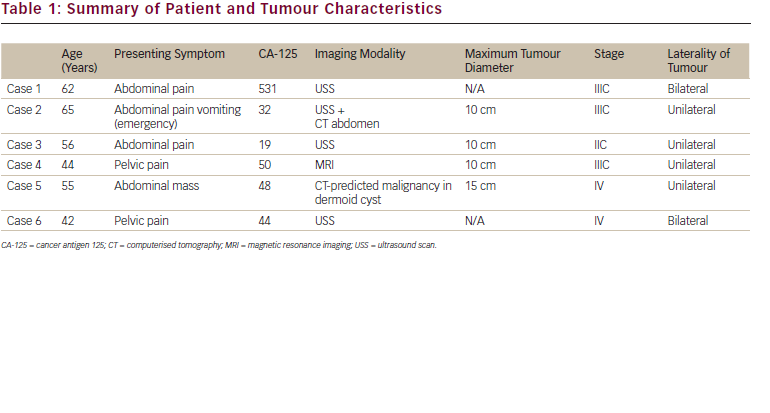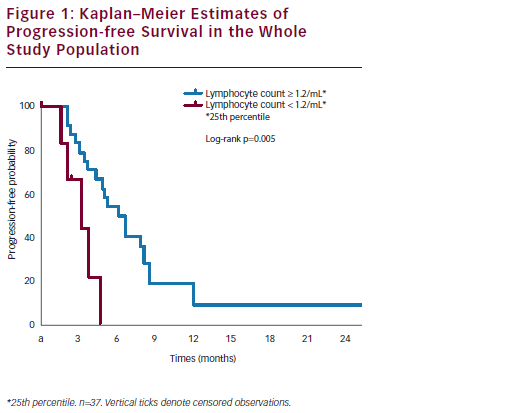This issue of European Oncological Disease highlights the multifaceted area of oncology. To treat a patient with cancer is not the role of a single physician, but rather a task for a multidisciplinary team. It is the performance of the multidisciplinary team that really matters when it comes to outcome. Outcome is not only a measure of five-year survival – for many patients the possibility of cure or quality of life during remaining lifetime is more important. Cancer treatment therefore has to be individualised; to achieve this the physician must be able to explain treatment options for the patient and also respect the patient’s demands.
From the education and training programme proposed by the European Society of Surgical Oncology (ESSO), it is obvious that a surgeon must not only know how to operate, but also have basic knowledge in many areas of oncology. The skill of the surgical team is of utmost importance for optimal outcome. Radiotherapy or chemotherapy cannot compensate for bad surgery. An oncologist, independent of her or his subspeciality, must know the strengths and weaknesses of different diagnostic and treatment options.
Survival of breast cancer patients has improved over the last few decades and we can expect eight out of 10 patients diagnosed with breast cancer to be cancer survivors. Many minor advances in diagnostic procedures and treatment options are currently being introduced and will further prevent death from breast cancer. The diagnostic procedures identify risk patients, for example triple-negative breast cancer patients. These patients have tumours that are negative for three important drug targets: oestrogen receptor, progesterone receptor and human epidermal growth factor receptor-2 (HER2). Intraoperative radiotherapy with electrons (ELIOT) offers a single treatment at a high dose and is an interesting option for patients to whom a longer hospital stay may not appeal. The development of new drugs is of benefit for patients with many different tumour types; breast cancer is an illustrative example of how basic scientists, pharmaceutical researchers and clinicians continuously improve treatment alternatives.
In an era where we often recommend not only first- and second-line treatments but also third- and fourth-line alternatives, it is important to remember that the sequentially offered treatment option will likely have less effect and the patient will experience more side effects. Anaemia, malnutrition, nausea and vomiting are all cancer-related complications, but also side effects due to the treatment. It is the responsibility of the multidisciplinary team to use all of the treatment alternatives with great care in order to achieve the best for their patients. This is one of the main reasons for interdisciplinary collaboration in both practice and education. If Europe wants to be a leading continent in oncology, we must continue to work together in organ-based societies and in a European cancer society.
European Oncological Disease would like to thank all contributors to this edition; we hope you find it an interesting and informative read. ■
Foreword – European Oncological Disease, 2007;1(2):10
Article
Further Resources

Trending Topic
Worldwide, ovarian cancer is the seventh most common cancer and the eighth most common cause of cancer death in women.1 The GLOBOCAN study estimated there were 239,000 new cases in 2012 and 152,000 deaths due to this disease. There are nearly 600,000 women living within 5 years of an ovarian cancer diagnosis.1 In the EU, age-adjusted ovarian […]
Related Content in Ovarian Cancer

Gynecological malignancies can be difficult to treat. Ovarian cancer carries with it the worst prognosis of all gynecological cancers. Approximately 75% of patients with epithelial ovarian cancer are diagnosed with advanced disease which is curable only in a minority of cases, ...

It is not by chance that this issue of European Oncology & Haematology is opened by an editorial from Suhag, dedicated to the oncological scenario in developing countries, warning that there is “little light at the end of the tunnel”. ...

Areader of 20 years ago could have hardly imagined many of the contents of this issue of European Oncology & Haematology. Twenty years ago, chronic myeloid leukemia (CML) was still treated with hydroxyurea, interferon and allogeneic stem cell transplantation, and multiple ...

Epithelial ovarian cancer has long been recognized as being highly sensitive to cytotoxic chemotherapy, with anticipated objective response to platinum-based chemotherapy of approximately 70-85%1. Furthermore, overall survival (OS) for women presenting with advanced disease has been documented to have improved ...

Mature cystic teratomas (also called dermoid cysts) account for about 30–45 % of all ovarian neoplasms and around 60 % of all benign tumours arising in the ovary.1 Malignant transformation of the various mature tissue components of a dermoid cyst is rare and the ...

Ovarian cancer (OC) is the most lethal gynaecological cancer. In 2010, approximately 21,880 new cases and 13,850 deaths occurred in the US,1 while in the EU in 2004 the incidence of newly diagnosed cases was 42,700 with a mortality of 12/100,000 women/year.2 The current treatment ...

Axel Heidenreich is Chairman and Director of the Department of Urology at University Hospital, Aachen, Germany, whose main area of interest is prostate cancer. His recent scientific awards include the Paul-Mellin-Preis der Nordrhein Westfälischen Gesellschaft für Urologie (2010), the ...

Ovarian cancer is the most lethal gynaecological cancer. In the US, approximately 21,880 new cases were identified and 13,850 women died of the disease in 2010.1 In the European Union, the number of newly diagnosed cases was 42,700 in 2004 and the mortality rate is 12 ...

This issue of European Oncology highlights many of the challenges that we face in our fight against cancer in this diverse world. Clinical drug development has become complex, and independent academic research is in danger. Fortunately, these difficulties are not ...

Ovarian cancer is the fifth most common malignancy in women. In the US, approximately 22,000 new cases occur each year.1 In Germany, about 8,000 new cases are diagnosed each year. About 80% of patients suffer from advanced-stage disease (International Federation of Gynaecology and ...

Phenoxodiol ([2H-1-Benzopyran-7-ol, 3-(4-hydrophyphenyl] (PXD) is a synthetic derivative of genistein, a naturally occurring plant isoflavone. In the 1980s, genistein was discovered to have modest anticancer activity, and alterations in its structure created PXD and increased its anticancer ...

Ovarian cancer is the fifth most common malignancy in women. In the US, approximately 22,000 new cases occur each year.1 In Germany, about 8,000 new cases are diagnosed each year. About 80% of patients suffer from advanced-stage disease (International Federation of Gynaecology andObstetrics [...
Latest articles videos and clinical updates - straight to your inbox
Log into your Touch Account
Earn and track your CME credits on the go, save articles for later, and follow the latest congress coverage.
Register now for FREE Access
Register for free to hear about the latest expert-led education, peer-reviewed articles, conference highlights, and innovative CME activities.
Sign up with an Email
Or use a Social Account.
This Functionality is for
Members Only
Explore the latest in medical education and stay current in your field. Create a free account to track your learning.

